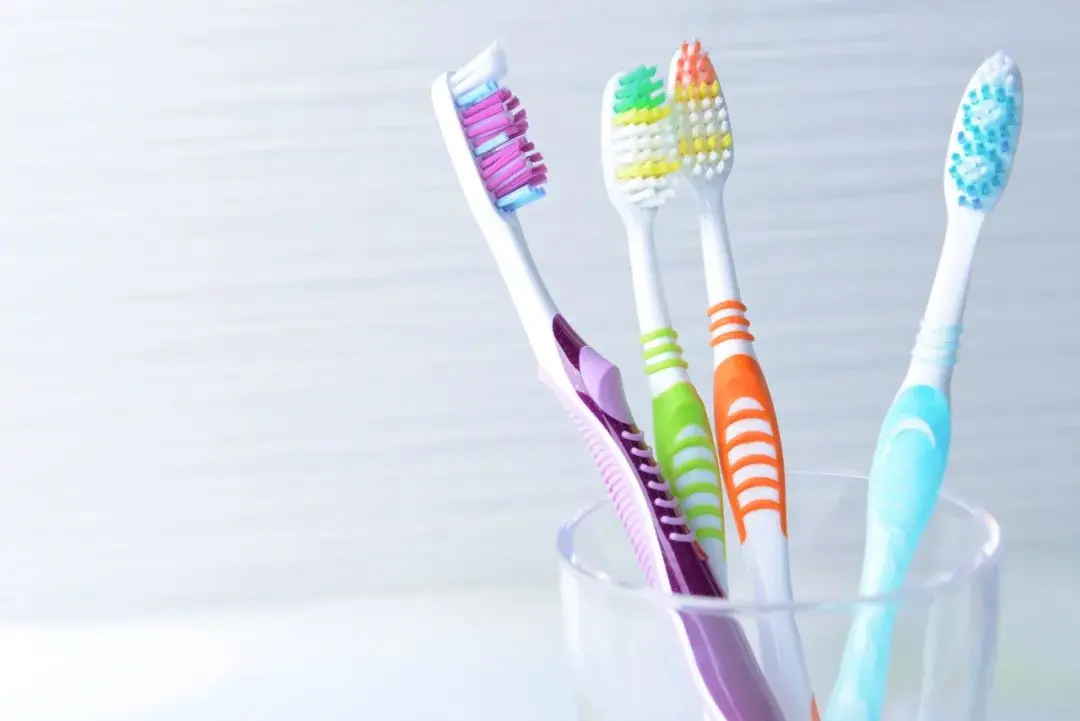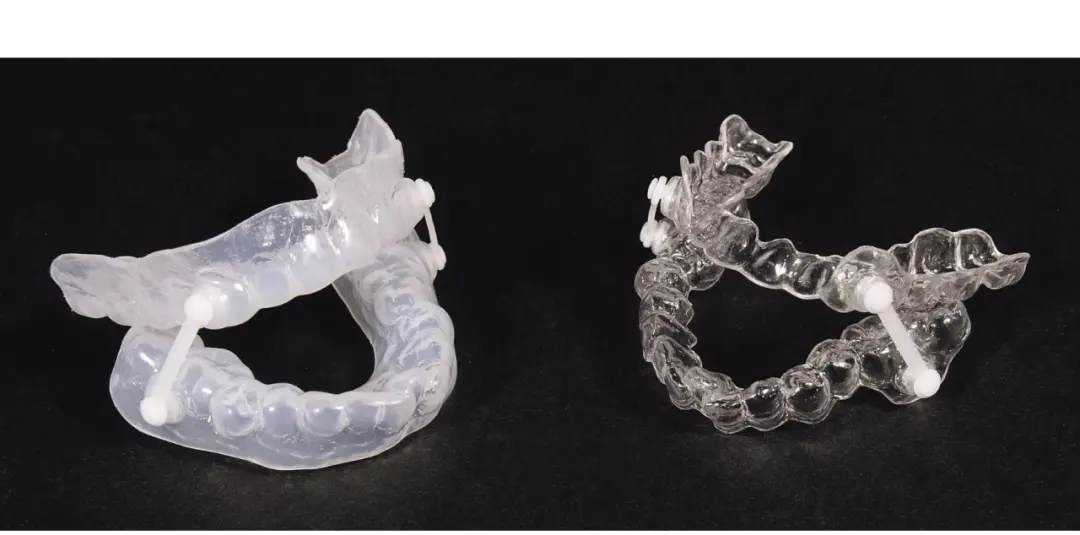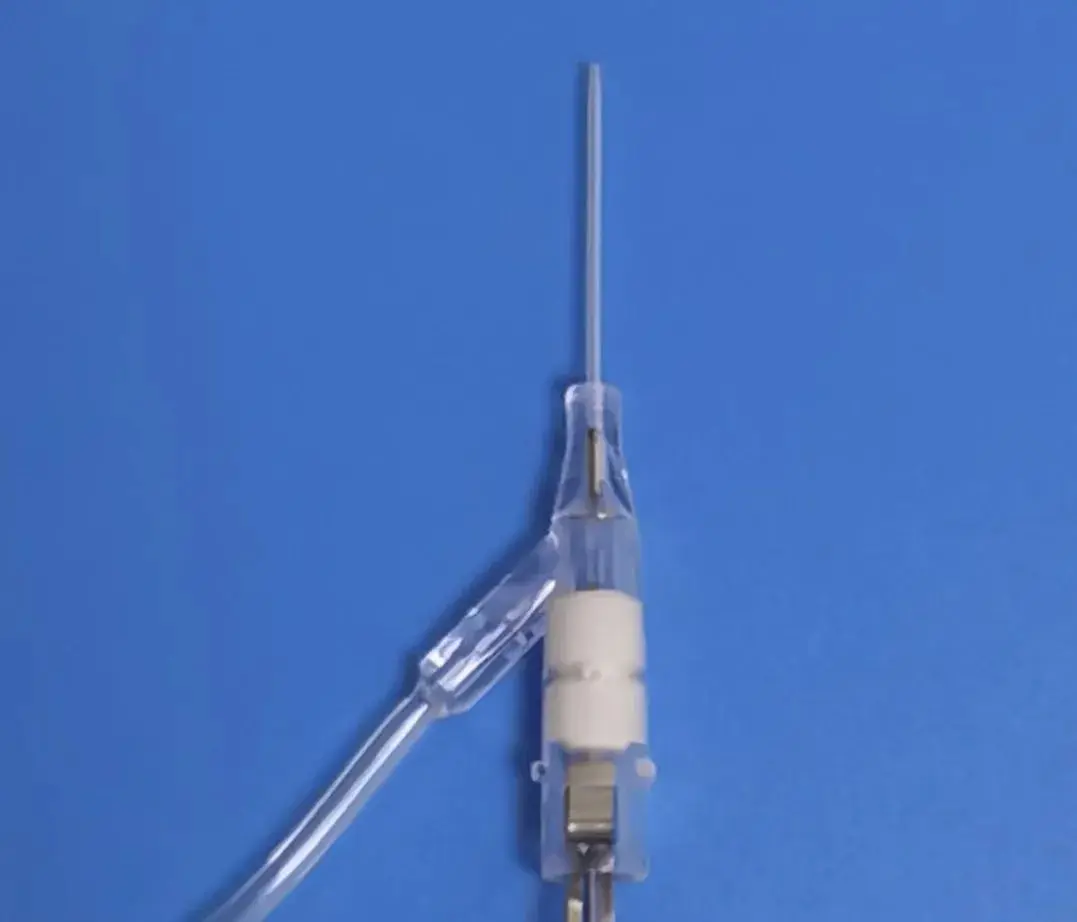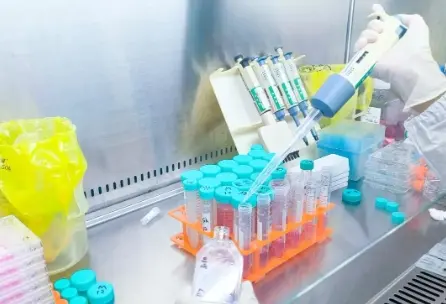
Medical Device Implantation Test ISO 10993-6
ISO 10993 is the most comprehensive international standard for biological evaluation, consisting of 20 sections. It provides a framework for assessment tests, sterilization residues, animal protection, and other testing requirements to ensure the biological safety of medical devices.

Key sections include:
- Part 1: Evaluation and testing (test list)
- Part 2: Animal welfare requirements
- Part 3: Genotoxicity, carcinogenicity, and reproductive toxicity tests
- Part 4: Hemocompatibility testing
- Part 5: In vitro cytotoxicity
- Part 6: Local effects after implantation tests
- Part 7: EO sterilization residuals
- Part 8: Clinical studies
- Part 9: Degradation products
- Part 10: Irritation and sensitization tests
- Part 11: Systemic toxicity testing
- Part 12: Sample preparation
- Part 13: Polymer degradation products
- Part 14: Ceramic degradation products
- Part 15: Metal and alloy degradation products
- Part 16: Toxicokinetics of degradation products and leachables
- Part 17: Leachables limits
- Part 18: Chemical characterization of materials
- Part 19: Physical, chemical, and morphological characterization of materials
- Part 20: Immunotoxicology testing
Which Products Require Implantation Testing and Why?
The purpose of implantation testing is to evaluate the local pathological effects on tissues when medical devices or materials are surgically implanted in an appropriate anatomical location. The test results help predict possible human body reactions, ensuring product safety.
Most implantable medical devices require implantation testing. However, certain externally connected devices may also require testing, depending on their contact duration and location.
Implantable Medical Devices
According to Good Manufacturing Practice (GMP) for Medical Devices:
- Active implantable medical devices: Devices that are wholly or partially implanted into the human body or natural cavities via medical or surgical means and remain in place.
- Non-active implantable medical devices: Devices that are wholly or partially implanted into the human body, natural cavities, or ocular surfaces for more than 30 days and can only be removed surgically.
Examples of implantable medical devices include:
- Artificial bone grafts
- Artificial cardiovascular devices
- Artificial intraocular lenses
- Implantable hearing aids
- Orthopedic fixation devices
- Pacemaker systems
- Spinal interbody fusion cages and fixation devices
- Trauma bone fixators
- Dental bone graft materials
Introd

uction to Implantation Testing
Before conducting an implantation test, factors to consider include material usage, implantation site, and duration. The test should simulate real-world conditions and comply with regulations.
Key considerations for test design:
1. Implantation site:
- Subcutaneous implantation
- Muscle implantation
- Bone implantation
2. Implantation duration:
- Short-term (~12 weeks)
- Long-term (13 weeks or more)
3. Test animal selection:
- Selection depends on implant size, duration, animal lifespan, and tissue differences.
- Common test animals include mice, rats, guinea pigs, rabbits, dogs, sheep, goats, and pigs.
Implantation Test Results and Interpretation
After testing, surrounding tissues are examined for local reactions, and histopathological scoring is performed by trained professionals.
Cellular Response Evaluation
- Inflammatory cell infiltration and necrosis are assessed.
- Cell types include neutrophils, lymphocytes, plasma cells, macrophages, and giant cells.
- Necrosis severity is scored from 0 (none) to 4 (severe).
Tissue Response Evaluation
- Vascular proliferation: Assessed from mild capillary formation to extensive proliferation.
- Fibrosis: Evaluated from localized fibrotic response to extensive fibrous tissue formation.
- Fat infiltration: Ranges from minimal fat presence to complete encapsulation around the implant.
Classification of Evaluation Results
1. Minimal or no reaction
2. Mild reaction
3. Moderate reaction
4. Severe reaction
Testing Services Provided by Taiwan-US Testing Laboratories
Taiwan-US Testing Laboratories specializes in preclinical testing and provides comprehensive biocompatibility testing services.
For implantation testing (ISO 10993-6), we offer:
- Histological evaluation
- Tissue section staining
- Inflammatory response classification
- Risk assessment for implantable devices
We provide subcutaneous, muscle, and bone implantation test models. If your product does not qualify for exemption, we welcome you to choose Taiwan-US Testing Laboratories for professional testing services.
Email:hello@jjrlab.com
Write your message here and send it to us
 Toothbrush FDA Certification Testing
Toothbrush FDA Certification Testing
 Snoring Device FDA 510k Standard Testing
Snoring Device FDA 510k Standard Testing
 Single Use Intravenous Catheter Certification Test
Single Use Intravenous Catheter Certification Test
 Silicone Material Product Compliance Certification
Silicone Material Product Compliance Certification
 What to Do If Cytotoxicity Test Results Are Positi
What to Do If Cytotoxicity Test Results Are Positi
 ISO 10993:5 Cytotoxicity Testing Methods
ISO 10993:5 Cytotoxicity Testing Methods
 FDA ISO 10993-1 Biocompatibility Evaluation Guidel
FDA ISO 10993-1 Biocompatibility Evaluation Guidel
 In Vitro Cytotoxicity Testing for Medical Devices
In Vitro Cytotoxicity Testing for Medical Devices
Leave us a message
24-hour online customer service at any time to respond, so that you worry!




